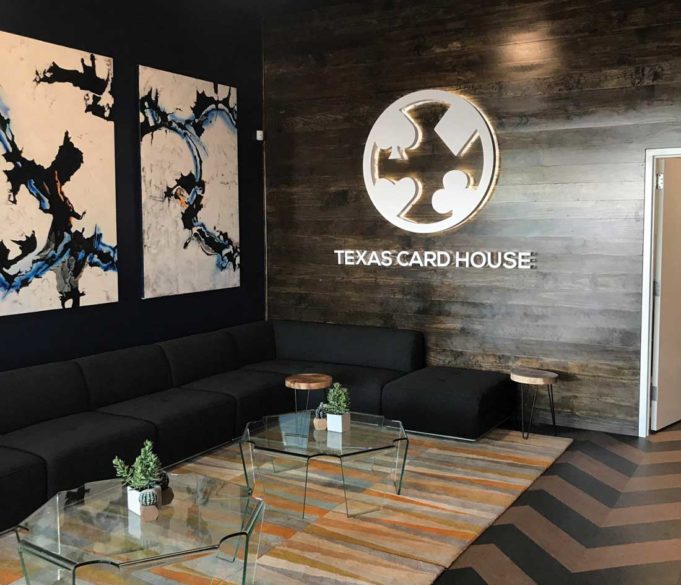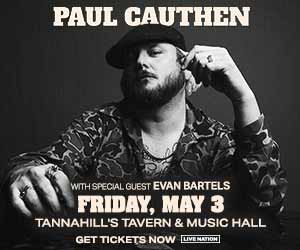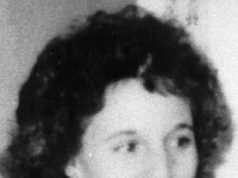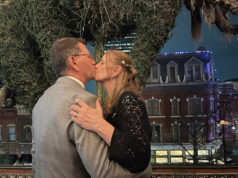Fort Worth has a “thriving” poker community — both in bars on Texas Hold ’em nights and underground — and Texas Card House, a three-year-old private company with an above-board poker house in Austin, wants to be a part of it, said Texas Card House CEO Ryan Crow.
It just won’t be in Ridglea Hills.
It almost was. In August, Texas Card House leased a building formerly occupied by a Tuesday Morning behind the Dollar Tree store in a strip mall just off Camp Bowie Boulevard, on Hilldale Road and Waverly Way. Texas Card House’s plan was to run low- to high-stakes games and at some point in the future add a liquor license.
According to Chris Holbert, president of the Ridglea Hills Neighborhood Association, and chairperson of the Ridglea Area Neighborhood Alliance, Crow was upfront about his company’s plans.
“From what I understand, Texas Card House found a building that suited their needs and that backs up to the Ridglea area,” Holbert said. “Once they had that, Mr. Crow reached out to us to get our approval. They were upfront and told us they would listen to the community. If we, as a community, didn’t think it was a good fit, they wouldn’t come in. If we gave them our approval, they’d come running.”
Fort Worth doesn’t have any legal gambling. According to the Texas Alcoholic Beverage Commission (TABC), poker tournaments, including ones for Texas Hold ’em, are legal only if no money is involved. TABC bases its assessment on a 2005 opinion written by then-Attorney General Greg Abbott. In the summary of his opinion, the governor wrote, “A holder of an on-premises alcoholic beverage permit may not … host a poker tournament in which participants risk money or any other thing of value for the opportunity to win a prize.”
If they do, they risk their liquor license. If the game is strictly for fun, however, Abbott said they are legal, and the TABC stands by that opinion. The same guidelines apply to all venues, including those that do not sell alcohol: If money is involved, the game is illegal.
A neighborhood association meeting was set up for Wednesday, Sept. 12. Holbert said the forum included not just the RHNA but Plum Valley, Ridgmar, and all of the other neighborhoods in the alliance.
“Most people were just starting to hear about the Texas Card House plans, and they didn’t have details, so we set up the meeting so that they could get a chance to make their presentation,” Holbert said. “After which, we were planning to get together as a group to discus the matter.”
Holbert said the outcome of the meeting — whether the communities were in favor of the card club or not — would have no legal ramifications, but that “whatever we decided would go a long way toward getting approval or non-approval from the city.”
The meeting was scrapped on Friday, after Crow and Texas Card House suddenly decided to pull out of Ridglea.
“We went to talk with the local city councilman, Brian Byrd, about our plans and were told that regardless of the outcome of the meeting he would not support us being in the neighborhood,” Crow said. “Now we did not speak to Mr. Byrd himself, only his staffers, so we do not know the reasons for that decision, but we definitely do not want to open our club in a place where someone is going to fight us from the get-go.”
When asked his reason for the preemptive shutdown, Byrd told me, “I had conversations with the neighbors, neighborhood associations, and the neighborhood police officer. The overwhelming response was that this was not a fit for the neighborhood.”
Ridglea Hills is just west of Fort Worth. Bounded by l-30 on the south and West Vickery Boulevard on the North, it’s split nearly down the middle by Camp Bowie Boulevard. As a community, it is racially diverse and has a median household income of a little more than $80,000, and homeowners outnumber renters. The location that Texas Card House wanted is in Ridglea Plaza, which is anchored by a Tom Thumb and a Goody Goody Liquor store. To Crow, it looked like the perfect location to grow roots in North Texas.
Private poker clubs are generally legal in Texas if they meet three requirements: The club must be private; neither the club nor any of its employees can take any cut of the monies on the tables; and all participants must have the same chances of winning and risk of losing.
Crow told me his bustling club in Austin meets all of those requirements. The company makes money by charging club dues and a table fee for every hour a player plays and also from liquor sales.
The zoning variance Crow thought he needed would be simply to obtain permission to open an adult entertainment venue at the location, but Fort Worth has a zoning rule that allows the city to have a poker club “classified almost as a casino,” Crow said, “which allows the zoning code to deny any private poker club a permit based on that.”
Crow said that Texas Card House will be allowed to get out of its lease based on not acquiring the zoning variance to open in the old Tuesday Morning venue, but he said he is not giving up on Fort Worth.
“We’re going to talk to the city council and find out where they want us,” he said. “We’ll find the right spot. I’m confident we will.”












